Moral Ambition
"But you have to get down to earth and realise you need a team to get stuff done. You need a community."
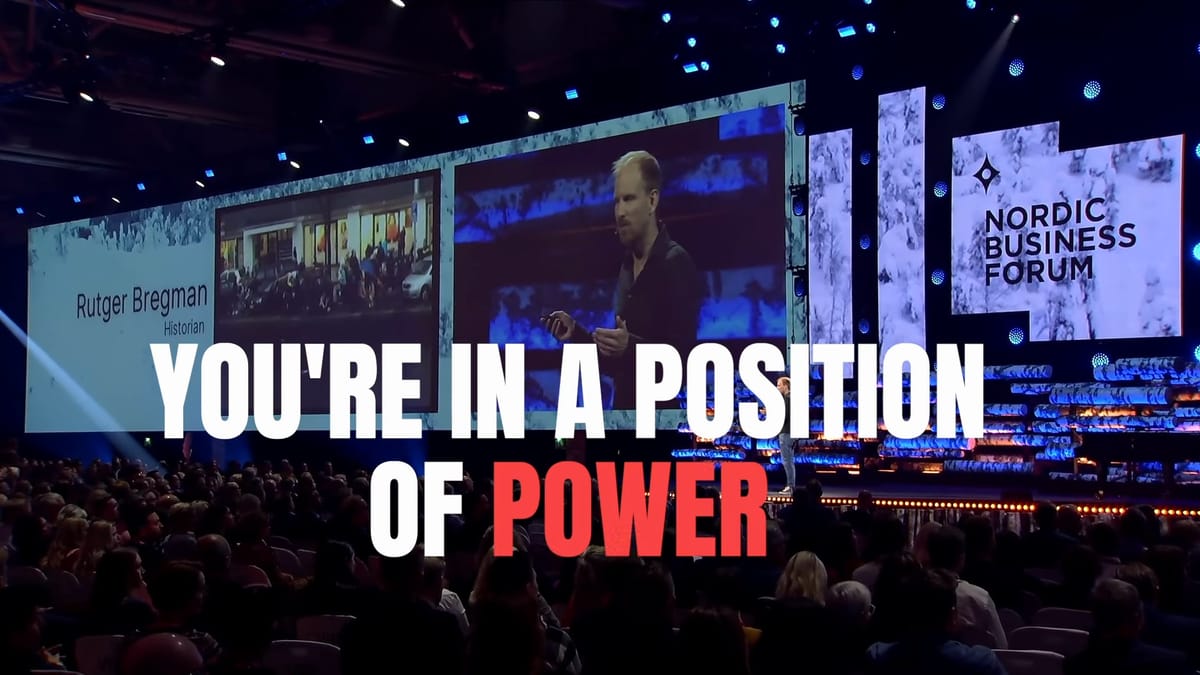
Lately, I have been fuelled by frustration and caffeine.
When I am not working, I am improving GregoryAi, and drafting emails to researchers and institutions with an invitation for them to join our small team in creating the biggest resource for Brain Regeneration research.
Almost all of my emails were left for dead. They were ignored by everyone except for Project REGENERAR and the Portuguese MS Society.
Rutger Bregman's new book, Moral Ambition, has been my refuge.
I am only halfway through and found myself highlighting bits and pieces to make them stick in my head.
I think the purpose of life is to be useful
Reminds me of that Facebook employee who said, ‘The best minds of my generation are thinking about how to make people click ads.’
I have seen this first-hand. Great people from Design and Academia whose skill wasn't valued within their organisation, excellent professionals who stayed up late fixing an ad campaign for a big company where nobody knows their name.
Having lots of followers on Instagram isn’t the same as building an effective organisation.
Nor is it the same as bringing change to society. And while Instagram is a prime example, we can't forget LinkedIn, where we build a façade of success and accomplishment that doesn't hold up to scrutiny.
"I am happy to share with my network that I have taken on a new challenge with company X!" That sounds much better than "After a long time unemployed, I am happy to have found a job. I am hoping it will help me get back a good amount of the self-esteem that I lost after countless interviews."
But at least he didn’t get burned out from scrolling through never-ending spreadsheets or sitting through yet another PowerPoint.
How many corporate reports took weeks or months to write, only to be left unread? How many agencies have resorted to creative accounting to make their campaigns shine?
Never doubt that a small group of thoughtful, committed citizens can change the world. Indeed, it’s the only thing that ever has.
— Margaret Mead, anthropologist.
Back in 2008, my hope for the web was for a more transparent world, and we did see a lot of examples of that. I remember that a group of people on Twitter came up with a campaign to increase the number of bone marrow donors in Portugal. They coordinated with the hospital, shared the #twittmedula hashtag on Twitter, and organised not one, but four events to register as a donor. (Small review, in Portuguese: https://www.ruadebaixo.com/twittmedula.html)
Most reporters are lazy and don’t investigate things for themselves.
And this is where PR can play an important part. However, the profession gets plenty of fundamental critique across the book. It mentions a paper by Dur and Van Lent that is brutal for all communication professionals.
among the top-20 occupations with the highest share of workers reporting a socially useless job, we find “sales, marketing, and public relations professionals,” “finance managers,” and “sales and purchasing agents and brokers” (which include insurance representatives) scoring percentages higher than 14 percent;
— Dur, R., & van Lent, M. (2019). Socially Useless Jobs. Industrial Relations: A Journal of Economy and Society, 58(1), 3–16. https://doi.org/10.1111/irel.12227
And the stabs at corporate communication come from all sides.
Rob Mather is also critical of the nonprofit world – the lack of transparency, the lack of accountability, and the lack of in-depth evaluations.
Rob Mather is the founder of the Against Malaria Foundation, whose work has saved over 100,000 lives.
And this critique gains strength when Bregman tells the story of the GiveWell foundation and Holden Karnofsky.
These men were used to researching company returns on investment, and Holden’s idea was to do the same for nonprofits. The only problem? There was very little info out there on nonprofit results. When Holden and his colleagues asked for information, they’d get glossy brochures but no hard data.
Don't get me wrong, I am not writing this to wax poetic and play the hero. I have done my share to feed the corporate void machine. I am known for having an irrepressible temper and attitude more times than I admit. Bregman's book is making me think about those faults and work on them.
And I think Bregman's theory is rubbing salt on a bigger wound than just our bullshit jobs.
Much of modern protest seems too fleeting. Heavy on intuition light on strategy. Heavy on intentions, light on results.
We have created a web where we play algorithmic games of popularity that hinder creativity and even turn us against each other. On this web, big companies are throwing astronomical amounts of money at AI research to make shareholders happy and cut down on jobs.
And we are trapped in it forever.
Moral Ambition feels like a plan to break free, or to at least put our focus back into what matters: being useful to society and focusing on achieving concrete results, instead of slop to fill corporate reports and social media posts.
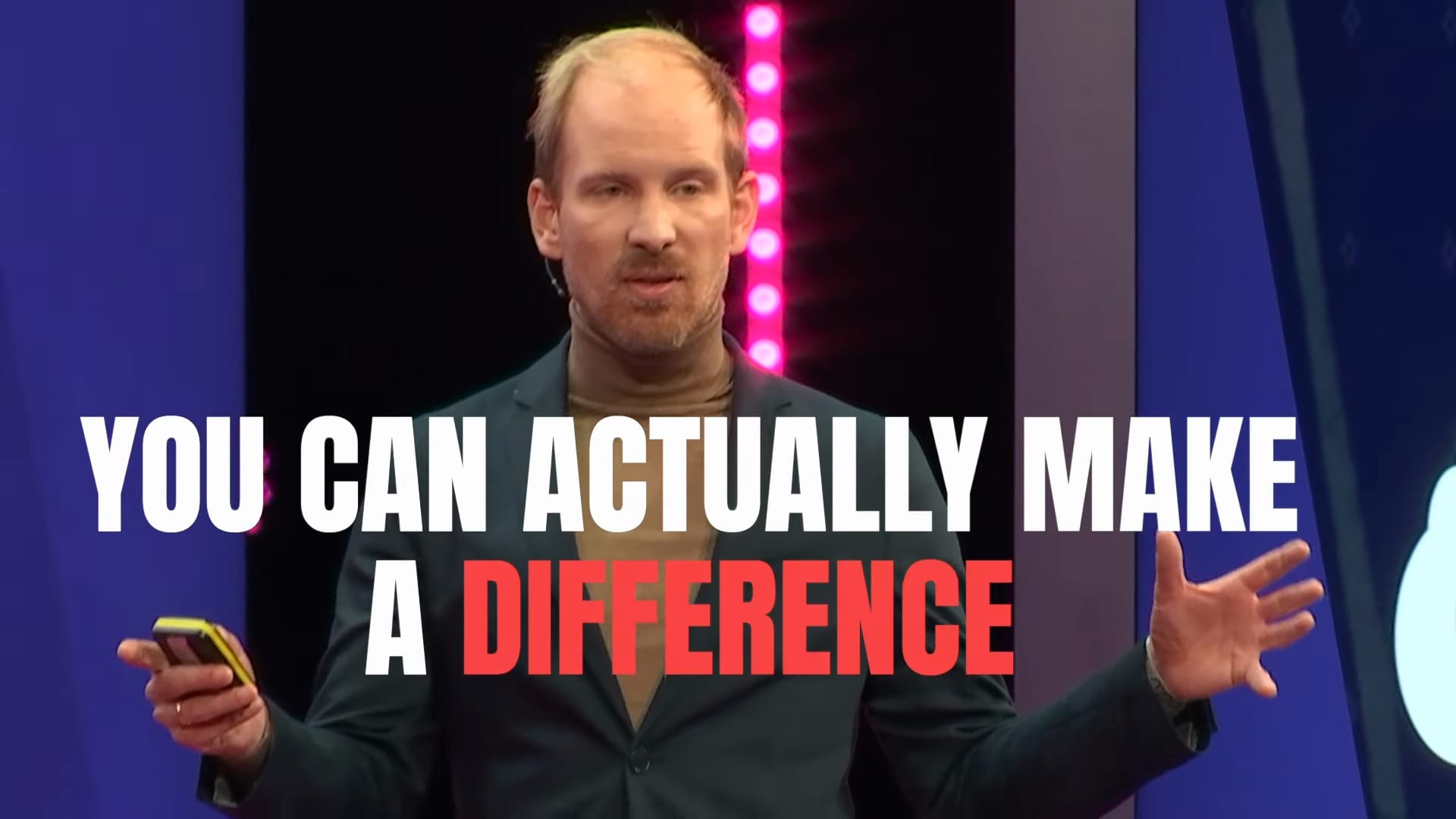
The idealists are not usually realistic,’ he said, ‘and the realists are not usually idealistic.’
"He" was Martin Luther King.
You can learn more about the book and where to find it on Bregman's website.
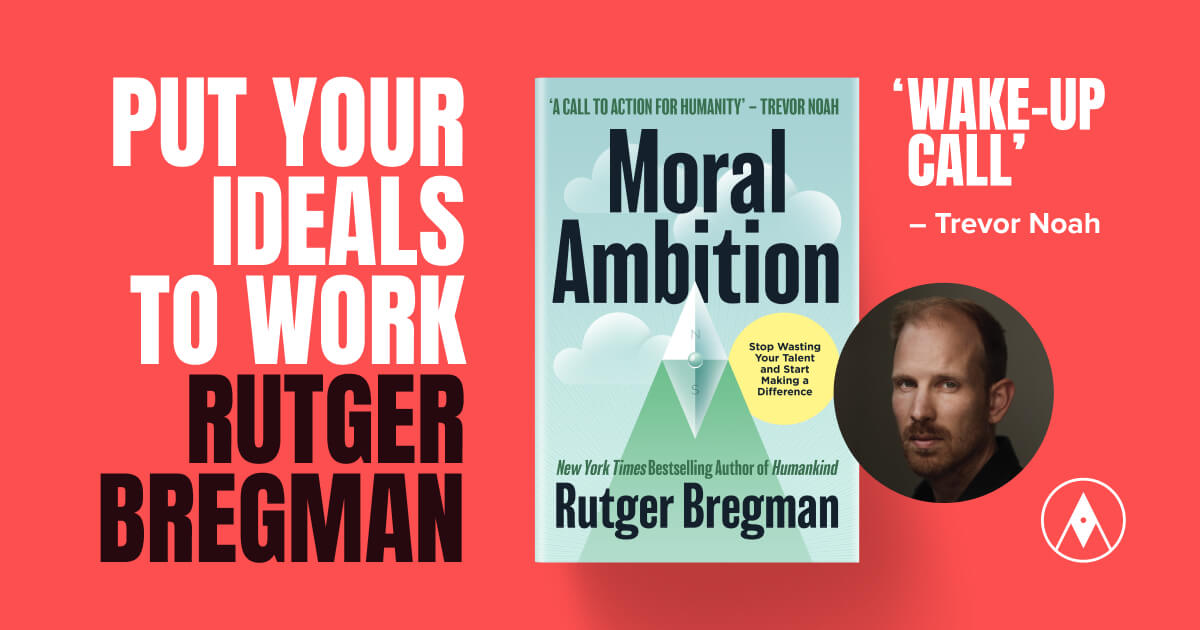
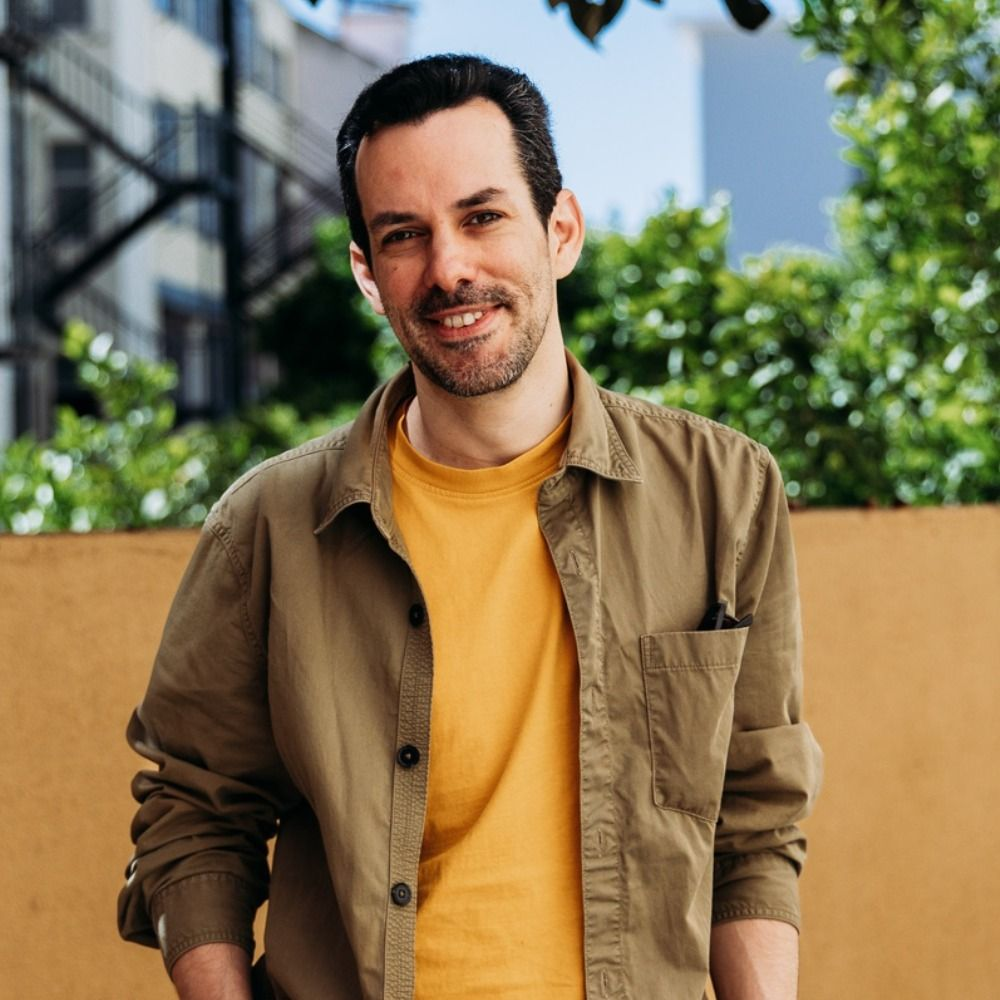


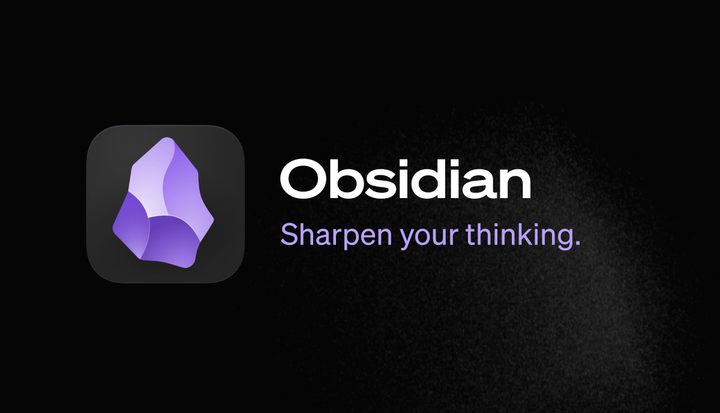

Comments ()